The lowdown on dictionaries
Top-shelf word books for lovers of language
A writer’s relationship with her dictionary is not one to take lightly. Or monogamously. My own bookshelves hold eight different English dictionaries. (And no, I did not get the OED for Christmas, even though I gave my beloved the Ragazzini’s 2,400-page Italian-English doorstopper). And let’s not forget my French and Hawaiian tomes. Or my wonderful visual dictionary. Or my various thesauruses.
Some dictionaries are fine in a pinch, others are sturdy go-to’s for everyday fogged memories, and still others are used as heavy-duty lifters of linguistic archaeology. The difference is in the seriousness of the lexicographers and the credibility of their methods.
Dictionaries can be classified in a number of ways. They can be monolingual, bilingual, or multilingual. They can change frequently to reflect contemporary usage (Webster’s New World) or they can take the long view, concentrating on historical use (Oxford English Dictionary). Consider whether you want biographic and geographic sections (Merriam-Webster’s Collegiate Dictionary), or usage notes that set you straight, say, on the difference between disinterested and uninterested (American Heritage Dictionary).
Other questions to consider: How comprehensive is the dictionary? How many “headwords” (i.e., the boldface item that launches an entry) does it contain and are there subsidiary boldface items within the entry as well? Does the entry give grammatical information (like the word class or part of speech), etymology (where the word originated), and spelling variations? Does it tell you how to pronounce the word? Does it separate syllables so that you know where to put a hyphen if the word comes at the end of a line and doesn’t fit?
Here are the dictionaries I consider top-shelf:
The American Heritage Dictionary. This is a favorite of many wordsmiths, including me, for its extensive usage notes. Word meanings use quotations from classic and contemporary writers, and etymologies trace some words all the way back to their roots in ancient Indo-European and Semitic. (This print edition includes a passkey code to download a smart-phone app.)
Merriam-Webster’s Collegiate Dictionary. This is the dictionary often used by copy editors at magazines and publishing houses, for its careful lexicography and usage notes. If you are publishing professionally, it’s good to be in sync with your editors, so ask if this is their dictionary of first reference. (When I worked in newspapers, Webster’s New World Dictionary was the dictionary of choice because it tended to add terms more rapidly. But most literary types prefer the other dictionaries listed here.) M-W also has a good online dictionary for instant answers.
Random House Unabridged Dictionary. If you’ve got a huge budget and a big bookshelf, this is a wonderful dictionary to add to the first two.
Oxford English Dictionary. If you’ve got an even huger budget and a bigger bookshelf, go for this 20+ volume dictionary, which includes citations all the way back to Beowulf. This is one for real dictionary snobs: The citations allow the dictionary researchers to trace a word to its first use, so you can see how Chaucer, Shakespeare, and Mark Twain plied their trade. It has even been the subject of a bestseller, The Madman and the Dictionary, by Simon Winchester. Many libraries make their print and digital copies of the OED available to cardholders, so you may want to check with one in your area. (Oxford also publishes smaller dictionaries, which are reputable, but not usually preferred by American publishers.)
—Constance Hale
| |
Share This:





